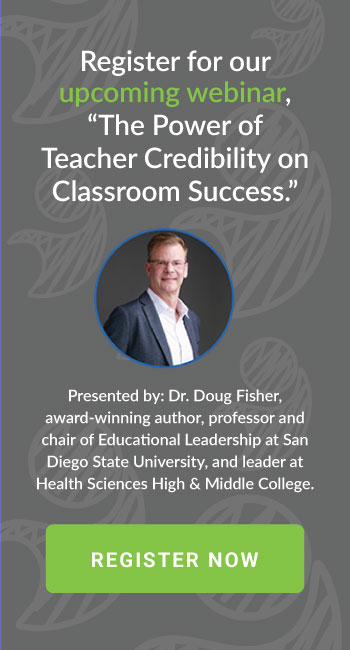Mindset Moments
Learn more about the 7 Mindsets
Mindset Moments Video Series
Our Mindset Moments video series encourages educators to reflect on their skills, develop their competencies, and better understand the 7 Mindsets and how these mindsets can positively impact their lives. To make the most of the 7 Mindsets, we’ve seen educators use these strategies to increase student engagement and create meaningful experiences and opportunities for all.
The first three videos focus on the ACT methodology that we use for all lessons: Attention, Connection, and Transition. The second three videos provide guidance on best practices and strategies in the three areas that can transform 7 Mindsets implementation at your school. Each 5-to-7-minute video includes a brief introduction to the learning objective or strategy and short reflection activity.
Attention
In this Mindset Moment, we focus on the first critical step of our lesson plans structured using the ACT Methodology: Attention. This step aims to engage and capture the learner’s attention using the optional icebreaker, quote, and hook. Lesson plans are intended to create or guide a learning environment where learners can discuss, interact, build trust, and openly develop their competencies and relationship, decision-making, and problem-solving skills.
Follow-up Activity: Consider using some of the strategies—an icebreaker, quote, or hook—to capture students’ attention with other subject-specific lessons as well.
Connection
In this Mindset Moment, we focus on the second critical step of our lesson plans structured using the ACT Methodology: Connection. The objective of this step is to build a connection with the students around the lesson by relating it to their own lives. The important thing is to get the students talking in a situation where they know there are no wrong answers. It is vital that instructors create a safe environment for this to take place, and during this segment, we highlight strategies to achieve this goal.
Follow-up Activity: Reflect on the following questions after watching the video and before teaching the next 7 Mindsets lesson with students: Which strategies will be most effective with my students? How can I model the learning objective or skill and incorporate my own examples and stories tied to the mindset?
Transition
In this Mindset Moment, we focus on the last critical step of our lesson plans structured using the ACT Methodology: Transition. This step aims to assist the learner in applying the content and knowledge to real-life/world experiences and circumstances in a sustaining way. The transition piece includes the activity, discussion/journal, and challenge.
Follow-up Activity: Consider using some of the strategies—an activity, discussion, or journal entry and a challenge/or “ticket-out-the-door”—for subject-specific lessons as well.
Instructional Strategies
In this Mindset Moment, we delve into the importance of active student engagement and how the 7 Mindsets curriculum is set up to support engagement. We highlight five specific instructional strategies that teachers can use to get their students to talk more and share their learning about the 7 Mindsets. These strategies can be used in all content and curricular areas, as well as with all age groups (may be modified for much younger students).
Mindset Activity: Choose one of these strategies shared in the video and plan how you can implement them into one of your upcoming lessons.
Program/Lesson Fidelity
In this Mindset Moment, we delve into the importance of program and lesson fidelity. This will be helpful for school administrators and SEL coordinators to watch and discuss.
Mindset Activity: Reflect on the following questions after watching the video: How will you raise and sustain teacher buy-in and commitment? What challenges may prevent successful implementation? How can you use resources to ensure program fidelity in the Educator Zone under Implementation Tools?
Adult SEL
In this Mindset Moment, we take a closer look at the relationship between teacher well-being and how having a healthy sense of self-awareness is critical to avoid burnout. We discuss how we can grow from connecting with our emotions and feelings and how developing our overall social-emotional competence makes us better as educators.
Mindset Activity: Becoming self-aware does not come from a single moment of inspiration. It requires continual, objective reflection and experimentation in real-world settings. One way to do this is to engage in exercises that invite us to take a personal inventory of our emotions and behaviors such as self-discovery worksheets. These provide for quick opportunities to “check-in” as we take a closer look at ourselves and cultivate a greater sense of self-awareness.
Educator Takeaways for Adult SEL
Self-Awareness Daily Check-in
Self-Awareness Monthly Check-in




